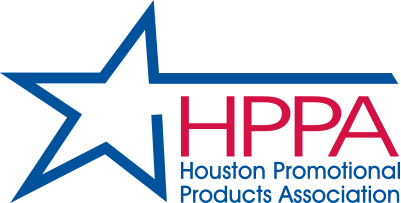The Environmental Protection Agency (EPA) has issued a finale rule under the Toxic Substances Control Act (TSCA) to delay the start of reporting related to past manufacturing of per- and polyfluoroalkyl substances (PFAS).
- PFAS is an acronym that describes a type of man-made chemical that has been used in manufacturing and consumer products since the 1940s.
- Referred to as “forever chemicals” because they sometimes take hundreds or thousands of years to break down, PFAS chemicals have been proven to have the potential to cause health risks such as cancer, hypertension, high cholesterol and other issues.
The reporting period was scheduled to begin on November 12, 2024, but the final rule delays the beginning of the reporting period until July 11, 2025, due to resource constraints.
- Most companies would be required to complete all reporting by January 11, 2026.
- Small businesses reporting data solely on importing PFAS contained in articles will have until July 11, 2026.
What You Need To Know
PFAS manufacturers and importers – including those in the promotional products industry – are estimated to spend approximately 11.6 million hours complying with this new rule, with an associated cost of $800-$843 million.
Thomas Brugato, an environmental attorney at Covington, has laid out a few important points to understand about the EPA’s final rule.
- Reporting is required for any company that has manufactured PFAS for commercial purposes since 2011. Companies that acquired PFAS domestically and used it in their operations would not be required to report under the rule.
- The EPA has published a list of substances online that are defined as PFAS.
- Imported articles containing PFAS apply to the rule. If companies imported articles and can reasonably ascertain that those articles contain PFAS, they must adhere to the required reporting.
- Each violation of the reporting requirements currently holds a maximum penalty of $46,989 per day. The EPA is allowed broad authority to investigate potential violations through requests for information or by conducting inspections.
“Companies should promptly move forward with developing a compliance strategy for the rule,” Brugato says. “This would start with preparing a plan for determining what PFAS-related information is ‘known to or reasonably ascertainable by’ the company, and then collection of that information.’”
Promo Perspective
PPAI Media has repeatedly covered “The Chemical Dilemma” as it pertains to promotional products. Several companies, including those in the promo industry, are in the process of evaluating how to remove PFAS chemicals from their products.
The delay in reporting requirements should not encourage complacency for applicable promo companies. Creating a reliable and accountable reporting process can take time, and taking action sooner is the best way to be prepared, as was discussed at PPAI’s Product Responsibility Summit last month.
“I have a list of 10 things I need to do, and I need to do them today, not tomorrow,” said Debbie Disparte, director of product innovation and sustainability at Koozie Group (PPAI 114187, Platinum), the No. 9 supplier in the PPAI 100.
RELATED: Canada Implements New PFAS Reporting Rule
Global studies indicate that PFAS chemicals are a problem for which the scope and the cause extends far outside of promo. However, it’s the type of revelation that will likely stir justified fear and action in many policymakers in coming years.
Lawsuits regarding PFAS could “dwarf anything related to asbestos” and bring potentially “astronomical” costs to defendants, lawyer Brian Gross of MG+M The Law Firm told attendees at a plastic industry conference earlier this year.
Written by: John Corrigan & Jonny Auping
Published with Permission from PPAI
